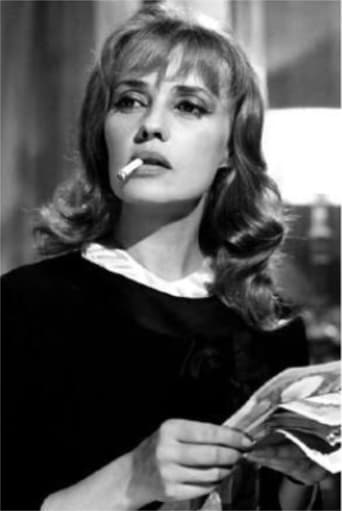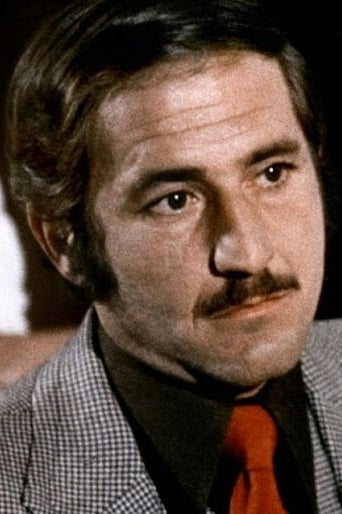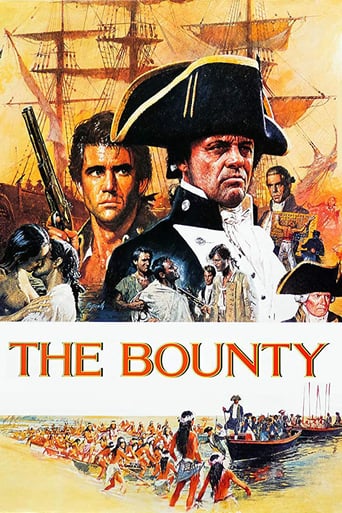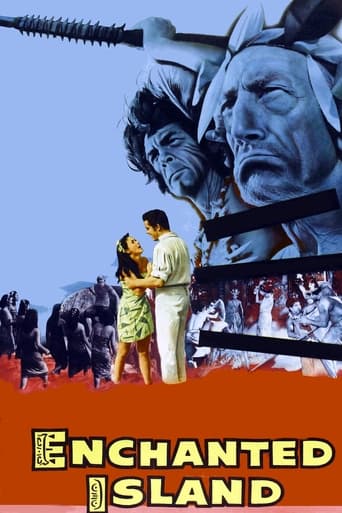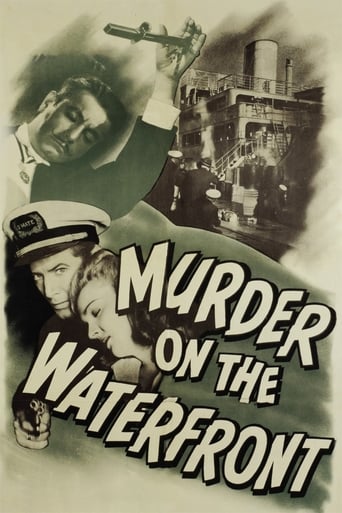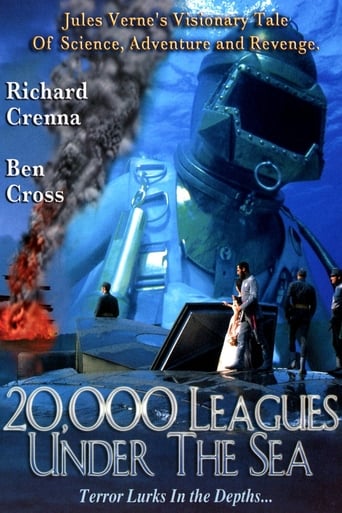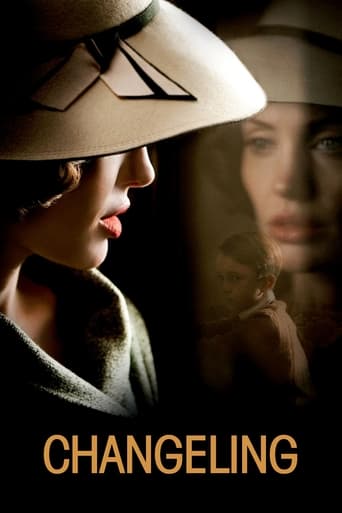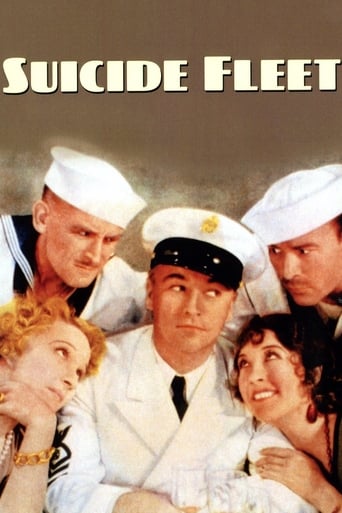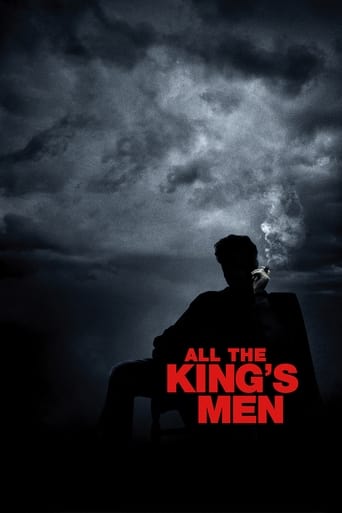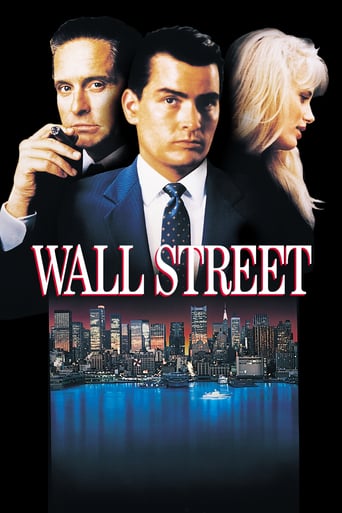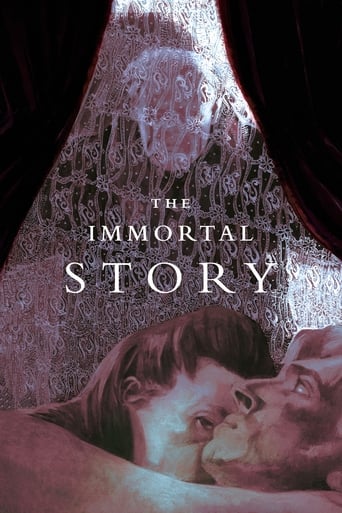
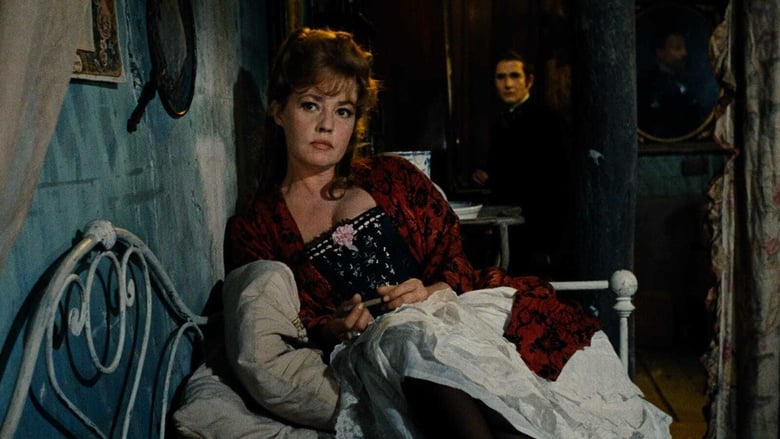
The Immortal Story (1968)
An aged, wealthy trader plots with his servant to recreate a maritime tall tale, using a local woman and an unknown sailor as actors.
Watch Trailer
Cast


Similar titles
Reviews
Welles continues to amaze me. I've made an effort to track down some of his less available movies, such as F For Fake, and this one. This is closer in style to the Magnificent Ambersons than anything else I've seen. Welles seems to have a love for the people of this world he creates and frames them in vibrant colors with golden lighting. The pace, unlike the majority of his works, is slow and deliberate without the trademarked quick editing. The story, too, is not rushed and the ironic twists are revealed with a sense of sadness, no one's "comeuppance" seemed justified but rather a tragic outcome of each character's personal flaws. I really recommend this for fans of the master. I think many will find this odd and I imagine that many younger viewers (the ones who find black & white dull or Hitchcock overrated) will find this unwatchable.
Director-star Orson Welles also adapted Isak Dinesen's rather pointless book about an aged millionaire recluse living in China who tells his employee of an incredible story he heard while in the service regarding a rich, dying man, his terrible wife and a sailor-stud. The employee explains that this tale is just a legend, but the millionaire aims to make it fact. The sexual implications in the narrative aren't ignored by Welles, though they are tip-toed around (probably due to the restrictions of 1968), and when Welles as the "old gentleman" finds himself the perfect boy to complete his plan, it's hard not to smirk when he calls the bottle-blonde "a fine looking sailor" and then offers him money. Who needs Jeanne Moreau when these two are hitting it off so well? ** from ****
Several have pointed out that The Immortal Story is based on a novel by Isak Dinesen, as the credits state. As I watched it, and learned that Paul and Virginie are the names of the lovers, I recalled that at least two French works have been written with the title: Paul et Virginie. A play by Jean Cocteau, and a novel by Bernardin de Saint-Pierre, who lived 1737-1814. I wonder if Welles (or Dinesen?) might have been influenced by those works, or at least the Saint-Pierre, but I can't tell any real similarity in the plots, perhaps in the poignant tone of the love story. The Saint-Pierre novel is a pastoral about two children who were brought up on an exotic island (Mauritius?) as brother and sister (although they are not). Virginie is sent away to France to become educated and society-worthy, and to separate the children. But she insists on returning to Paul, her true love, and dies in a shipwreck before she gets back to the island. Young love thwarted.
If you looking for action here or, if aware of the plot outline, expect a bit of soft porn, you will be disappointed. "The Immortal Story" is more of a visual and acoustic painting than a narrative. Especially since, according to another commentator, this was actor-director Welles' first venture into colour, he has used the unaccustomed medium masterfully both in his interiors and exteriors, and with the addition of the strident and insistent cicadas and refreshing dawn chorus has rendered the subtropical oriental night and its golden dawn beautifully realistic.The Orson Welles' character, Charles Clay, a powerful expatriate merchant established in Macao, approaching seventy and dying from gout, is like a motionless fat spider in the centre of his web who controls everything and everybody within his range. As a control -freak he even wishes to make factual a much told sailors' yarn about a couple manipulated through bribes and some coercion to go to bed together. He is obsessed with this story but cannot stand fiction, (he rails at his personal assistant, the Jew Lewinsky, against the biblical prophecies he reads to his master). Facts he already controls, fiction must also come under his sway.The enforced but, from the point of view of both the bully Clay and his victims, successful liaison between Jeanne Moreau and the young Danish sailor (satisfactorily played by an obscure British actor), the latter losing his virginity in this encounter, is tasteful, beautiful and not in the least prurient. That is except for the D.O.M. (écouteur?)listening at the keyhole, whose nocturnal presence we, however, spontaneously forget about. The couple appear to fall in love under these strange circumstances, though future relations seem to be highly doubtful. Just a couple of points bother me here: when the sailor tells Moreau (whose character's name is significantly but inappropriately Virginie) that he is 17 and is informed by her that she also is 17, it is quite evident that both, and especially Mlle. Moreau, are much older Maybe we are to assume that she lied to the ingenuous young man in order not to spoil the idyllic illusion of love-at-first-sight. The other point worrying me is why the attentive Chinese servants, besides feeding him, neglect to give the young man a good bath as well, especially as he had refrained from entering Clay's open carriage explaining that he was covered in tar and would soil the upholstery. And so he enters the nuptial chamber in his original torn and filthy clothes. Who knows, perhaps a whiff of tar has aphrodisiac properties...Lewinsky the down-trodden but still spunky assistant/companion to Clay is well played by Roger Coggio. A Jew - Moreau calls him "the wandering Jew" - he has lost his parents in an Eastern European pogrom, and is inured to the blows of fate, and politely imperturbable when upbraided by his imperious master or slapped in the face by an outraged Moreau.Fernando Rey, for decades Spain's foremost actor, equally able to perform in French and English as well as his native tongue, is included in the cast in a cameo part merely to spread the gossip about Clay's/Welles' ruthless machinations. I suppose the French TV company who commissioned this film was able to afford his services too because the cast was so small: apart from those mentioned above, there are only a few Caucasian listeners in Rey's audience, and half-a-dozen silent Chinese menials who would have cost little to hire.The location on which the film was shot I was unable to ascertain, but it could have been anywhere in the world where there are large elegant 19th Century European houses, the colonial Portuguese element being supplied by one company sign with the word for export in Portuguese and the Chinese by the garish signs and notices with which the street is cluttered. Perhaps it is the old quarter of Marseilles.I saw this film for the first time yesterday on the local Spanish channel which runs a series of classics in the original language, so that I saw it in French. This meant that Welles' unmistakable resonant and commanding basso profundo, so appropriate to this rôle was dubbed by a relatively mild-mannered francophone with a much higher register. With his over-brimming culture and long European residence, it seems very likely that Welles could have managed the French dialogue himself, just as Jeanne Moreau can perform equally well in English. Maybe he didn't because he was a perfectionist, even though the character portrayed is not a native French speaker There are just two further points I should like to make that nobody else has touched on thus far:First, the story for the script is from the pen of Danish raconteuse Karen Blixen, magnificently portrayed by Meryl Streep in "Out of Africa", who, Sheherezade-like, beguiled her lover and his friend with her fluent and fascinating tales.Secondly, at the end of the film, the departing Dane about to take ship presents the old man with a mother-of-pearl-like conch he had acquired during his year of solitude on a desert island, and said by him to be virtually unique. As the young man moves away with a backward glance through a wood whose floor is auspiciously tinged with brightness by the rising sun, the shining conch falls to the floor of the verandah from the dead fingers of the merchant. No equivalent of "Rosebud" is uttered, but the incident is obviously a reprise of the ending of "Citizen Kane", Welles' early black-and-white triumph.


